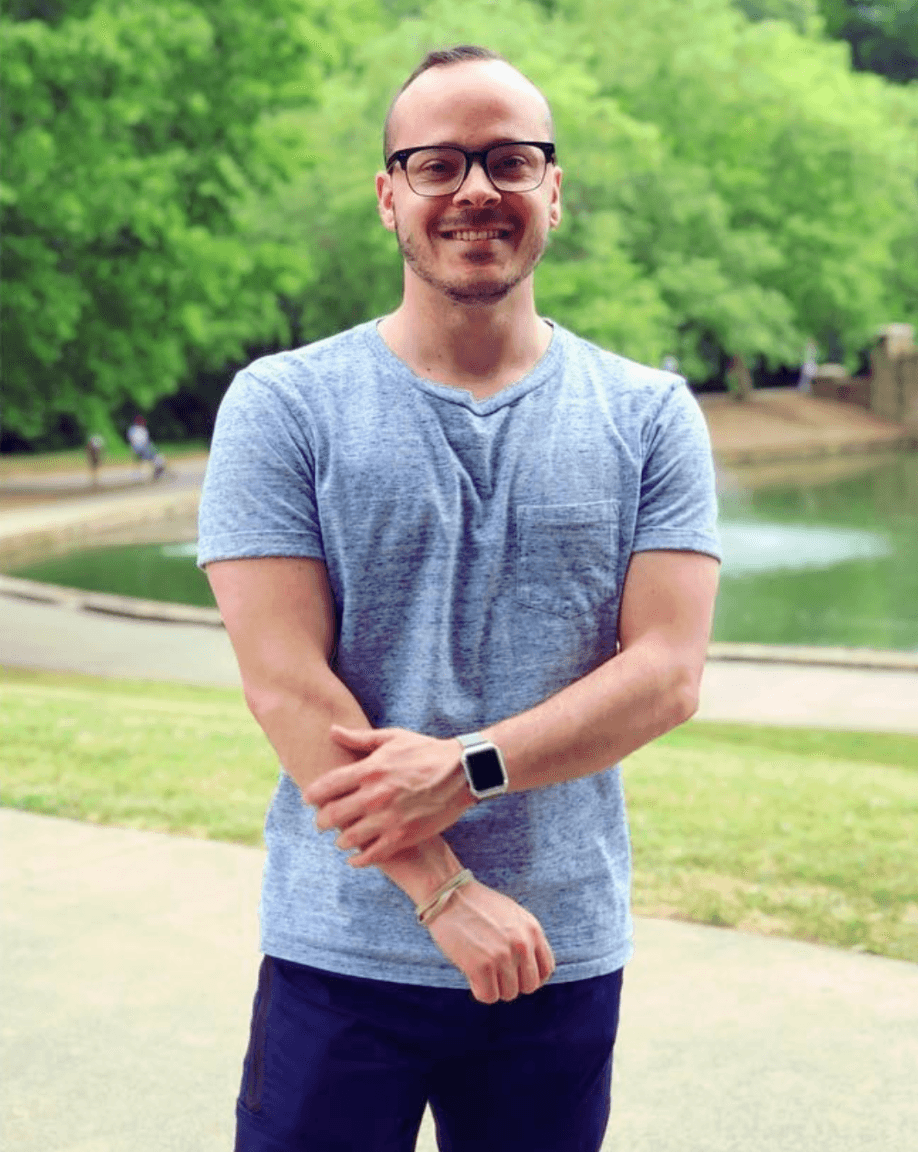We were lucky to catch up with Alex Veng recently and have shared our conversation below.
Alex, thanks for joining us, excited to have you contributing your stories and insights. So, naming is such a challenge. How did you come up with the name of your brand?
I landed on Fearless Webinar Academy because, well, most people are terrified of webinars. Like, legit terrified. Public speaking is the #1 fear in America—some people would rather hangout with snakes & spiders or go skydiving than talk in front of a crowd, even if it’s online. And for course creators, coaches, and membership site owners, that fear isn’t just uncomfortable—it’s expensive. Anyone who can’t confidently run a webinar, is leaving money on the table. And if it’s not the fear of public speaking holding them back, it’s the overwhelming webinar tech setup that makes you want to throw your laptop out the window. But live webinars are probably the best way to sell a high ticket offer to your audience. I should know, I have been doing them every week for the past three and a half years. So Fearless Webinar Academy is my way of saying: Screw the fear. You’ve got this. And I’ll show you how.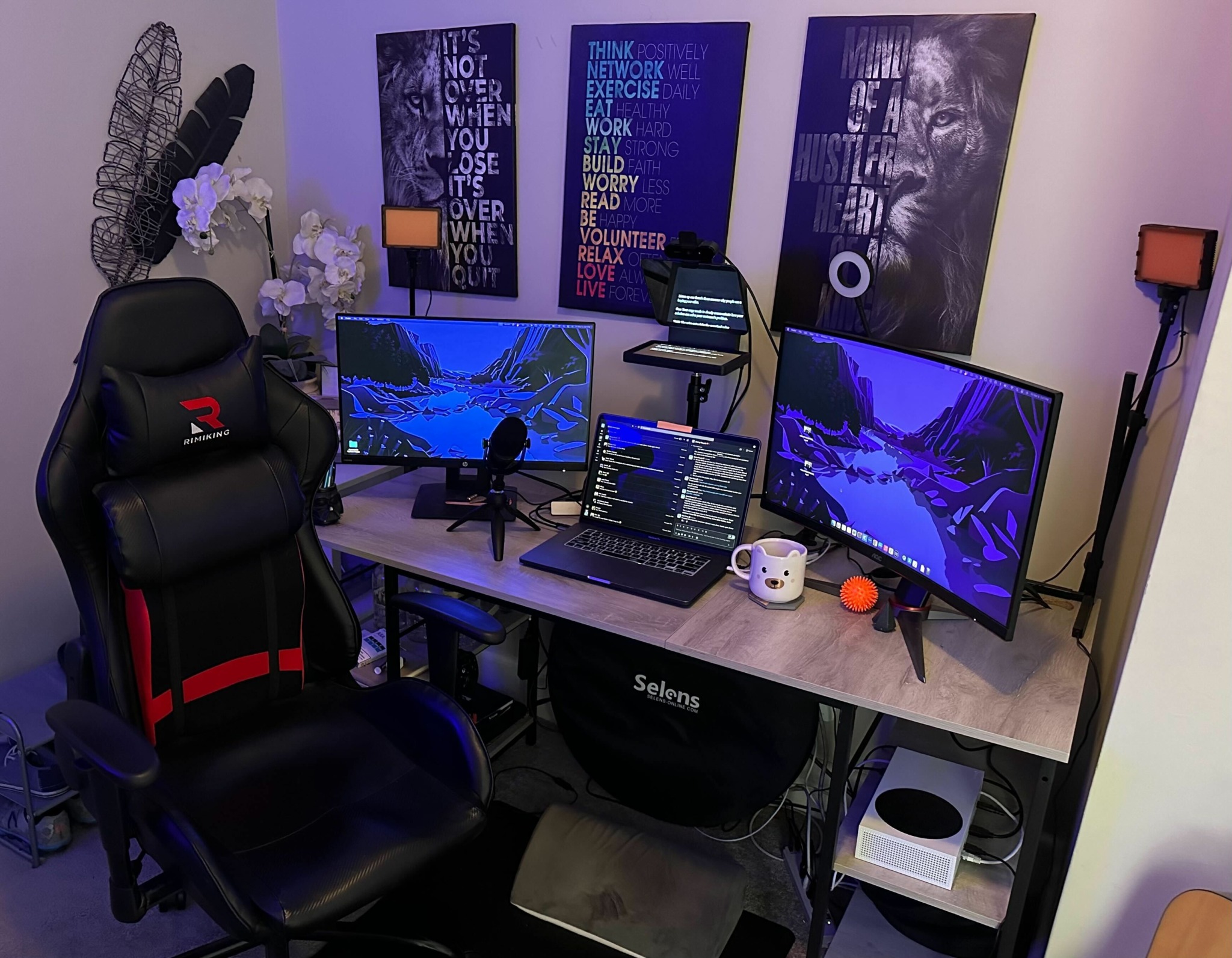
Alex, love having you share your insights with us. Before we ask you more questions, maybe you can take a moment to introduce yourself to our readers who might have missed our earlier conversations?
Alright, here’s the short version: I help business owners stop sucking at webinars.
Now, for the slightly longer version—my name’s Alex Veng, and I teach entrepreneurs how to use webinars to sell their courses, coaching, and memberships without feeling like a nervous wreck or dealing with a tech-induced meltdown.
I got into this because I’ve spent the past 3.5 years hosting live webinars, and I saw the same problem over and over: people know webinars work, but they’re either too scared to go live or too overwhelmed by all the moving pieces. So they stall. They overthink. They convince themselves, “Eh, maybe I don’t need a webinar after all.”
And that’s where I come in.
Through Fearless Webinar Academy, I help people turn their expertise into high-converting webinars that don’t feel robotic or salesy. I teach them how to show up with confidence, deliver value, and actually make sales. My coaching isn’t just about slides and scripts; it’s about getting out of your own head, knowing exactly what to say, and pressing “Go Live” without wanting to puke.
What sets me apart? I’ve been in the trenches. I’ve run webinars that bombed. I’ve also run webinars that crushed it. I know what works, what’s BS, and how to simplify the whole process so you can actually do the thing. My main differentiator is the fact that I have completely “unfunneled” my business, meaning I give away my entire process for free – in the form of a repository of ChatGPT prompts that literally write all the copy needed to setup and deliver a webinar. Next, instead of gatekeeping the knowledge I’ve gained from delivering hundreds of webinars, I make videos about all of it for free on YouTube. And last, I ask successful people about their experience with webinars on my podcast, The Vault of Results. By giving everything away for free, I’m allowing anyone to build a webinar DIY style while I make myself available for webinar coaching if they’re interested. 8 years of marketing experience has taught me that I’d rather not sell stuff to people who don’t want or need it.
What am I most proud of? Seeing my clients go from “There’s no way I can do this” to “Holy crap, I just closed $10K in sales on my first webinar.” That never gets old.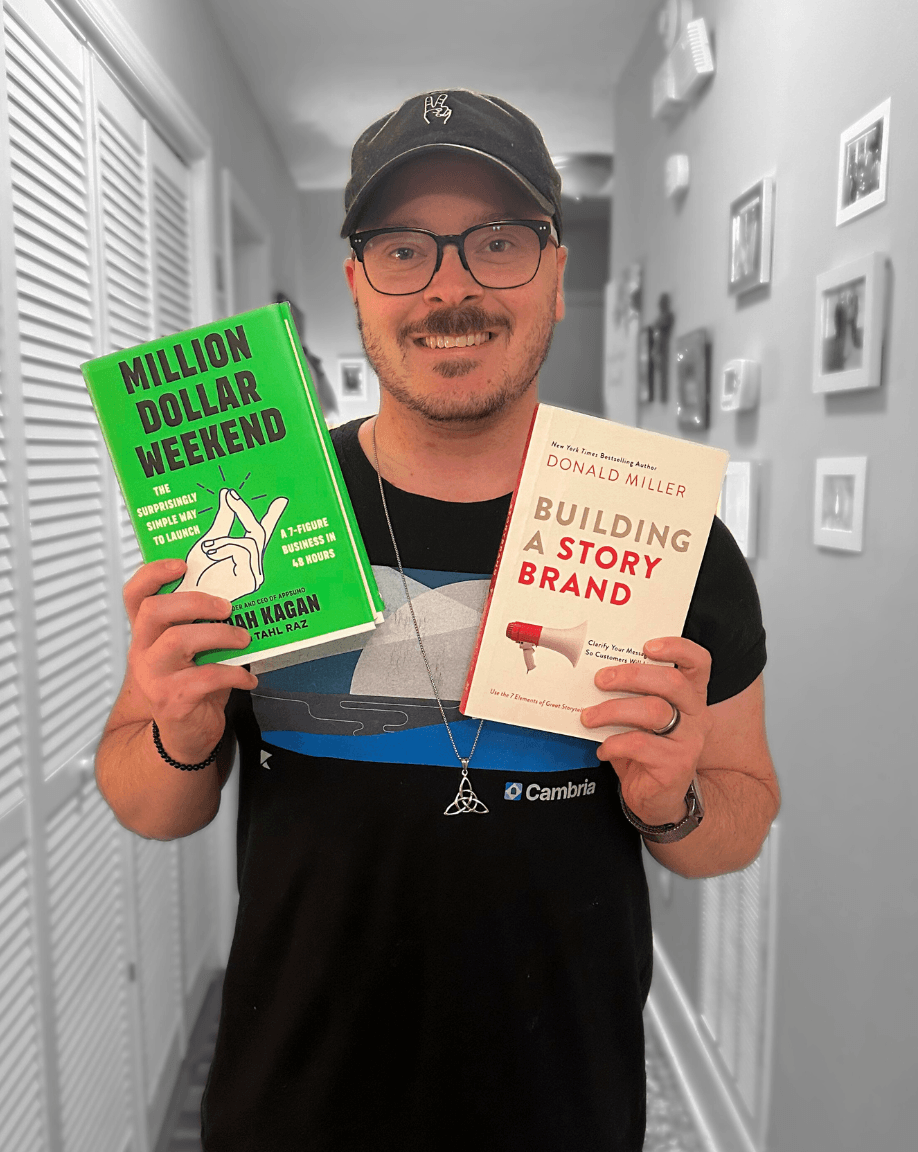
Have any books or other resources had a big impact on you?
I’m a firm believer that most people fail in business because they overcomplicate the hell out of things. That’s why the books Million Dollar Weekend by Noah Kagan and Building a StoryBrand by Donald Miller hit me like a freight train. They cut through the noise and get to what actually works.
Million Dollar Weekend is all about speed and execution. Most people sit on their “big idea” like it’s a lottery ticket, waiting for the perfect moment to start. Kagan calls BS on that. His whole philosophy is simple: sell first, build later. Stop overthinking, start selling, and validate your idea by actually seeing if people will pay for it. He drills in the fact that speed kills doubt—if you want to see if an idea works, test it this weekend. And instead of waiting for customers to magically appear, he emphasizes using your network because your first customers are already in your circle. The biggest takeaway I got is that business isn’t about being a genius. It’s about executing—fast.
Then there’s Building a StoryBrand, which completely changed the way I look at marketing. Most businesses suck at it because they make themselves the hero. But your customers don’t care about you. They care about how you solve their problems. Miller lays out a simple storytelling framework that makes it painfully obvious why most marketing falls flat. Your customer is the hero, not you. You’re the guide—think Yoda, not Luke Skywalker. Your job is to give them a clear plan and call them to action. This book made me rethink everything—emails, sales pages, webinars—because if your audience doesn’t immediately “get” what you do and why it matters to them, they’re gone.
Both books reinforce one simple truth: business success isn’t about being the smartest person in the room—it’s about moving fast, selling now, and making sure your message is so clear even a fifth grader could understand it.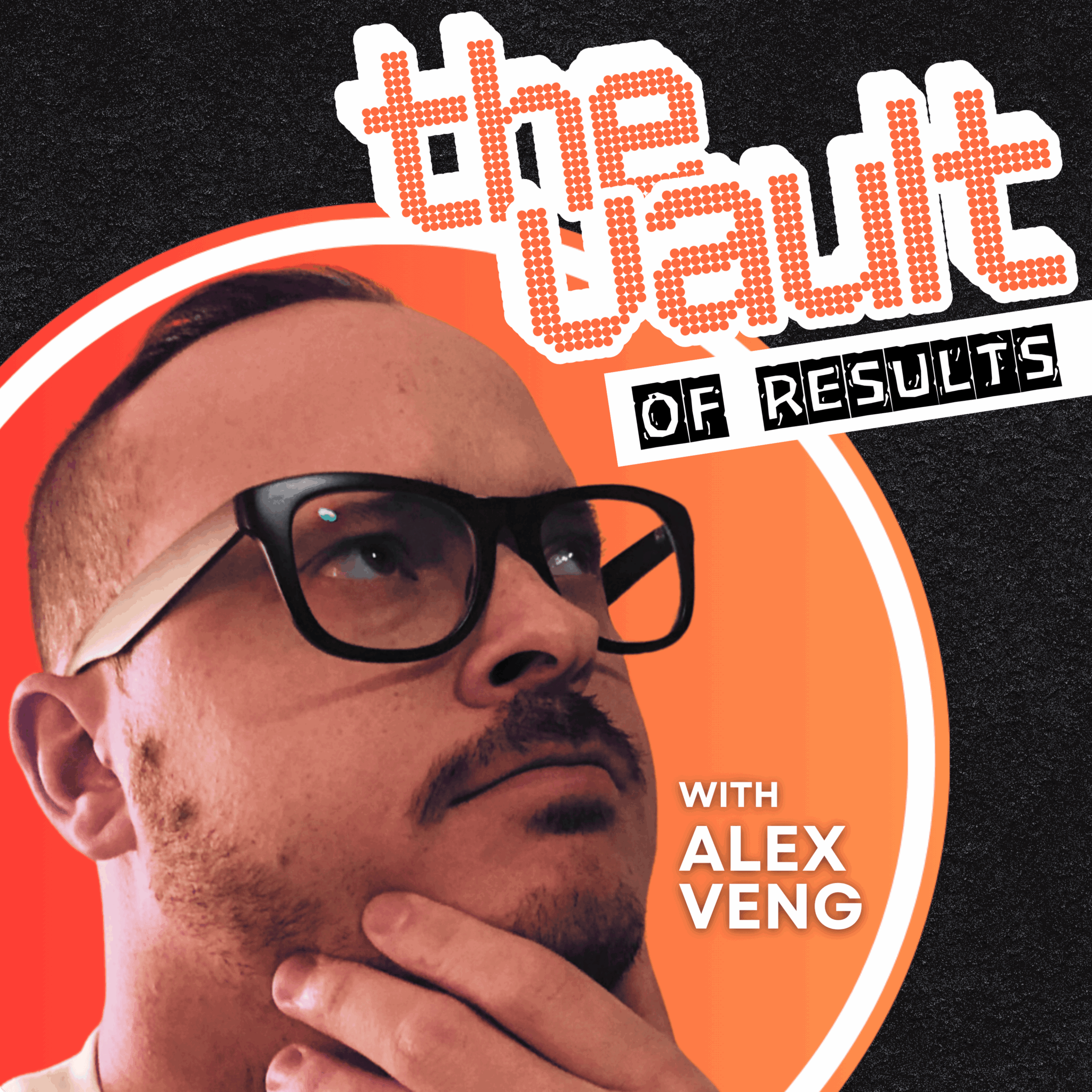
We’d love to hear a story of resilience from your journey.
A few years ago, I was promoting a webinar. The topic was a hit—we had over four thousand people sign up. I was pumped. This was going to be huge. Then the live numbers rolled in: 855 showed up. That’s a 20% attendance rate. And yeah, I know, for a lot of people that’s still great. But I wasn’t celebrating. I was frustrated. Because while everyone around me was patting each other on the back for a “successful” registration campaign, I couldn’t get past one question: Why the hell did 80% of them not show up?
So I asked, “What exactly did we do to convince them to show up?” The answer? “Well, we sent a few reminder emails.” A few emails. That was it.
That’s when it hit me—most people treat webinars like a required all hands work meeting. They think if someone registers, they’ll just remember to show up. But let’s be real. People forget. They get distracted. Their kid wants their attention. Their dog throws up on the carpet. Life happens. And I realized in that moment: This is my fault. Not because the numbers were bad, but because I assumed people would show up without a real plan to make it happen.
I never made that mistake again. Now, I swear by a bulletproof webinar strategy: Make your webinar title and topic unmissable. Send a minimum of six email & three text reminders. Tease giveaways to hook people in. And if you really want to lock them in? Charge for access—because skin in the game changes everything.
That experience could have made me cynical, or worse, made me accept average results. Instead, it made me obsessed with cracking the code to higher attendance, better engagement, and bigger sales. To me, resilience isn’t about avoiding failure. It’s about getting punched in the face by reality, learning from it, and coming back smarter. And that’s why I do what I do—so no one else has to learn the hard way.
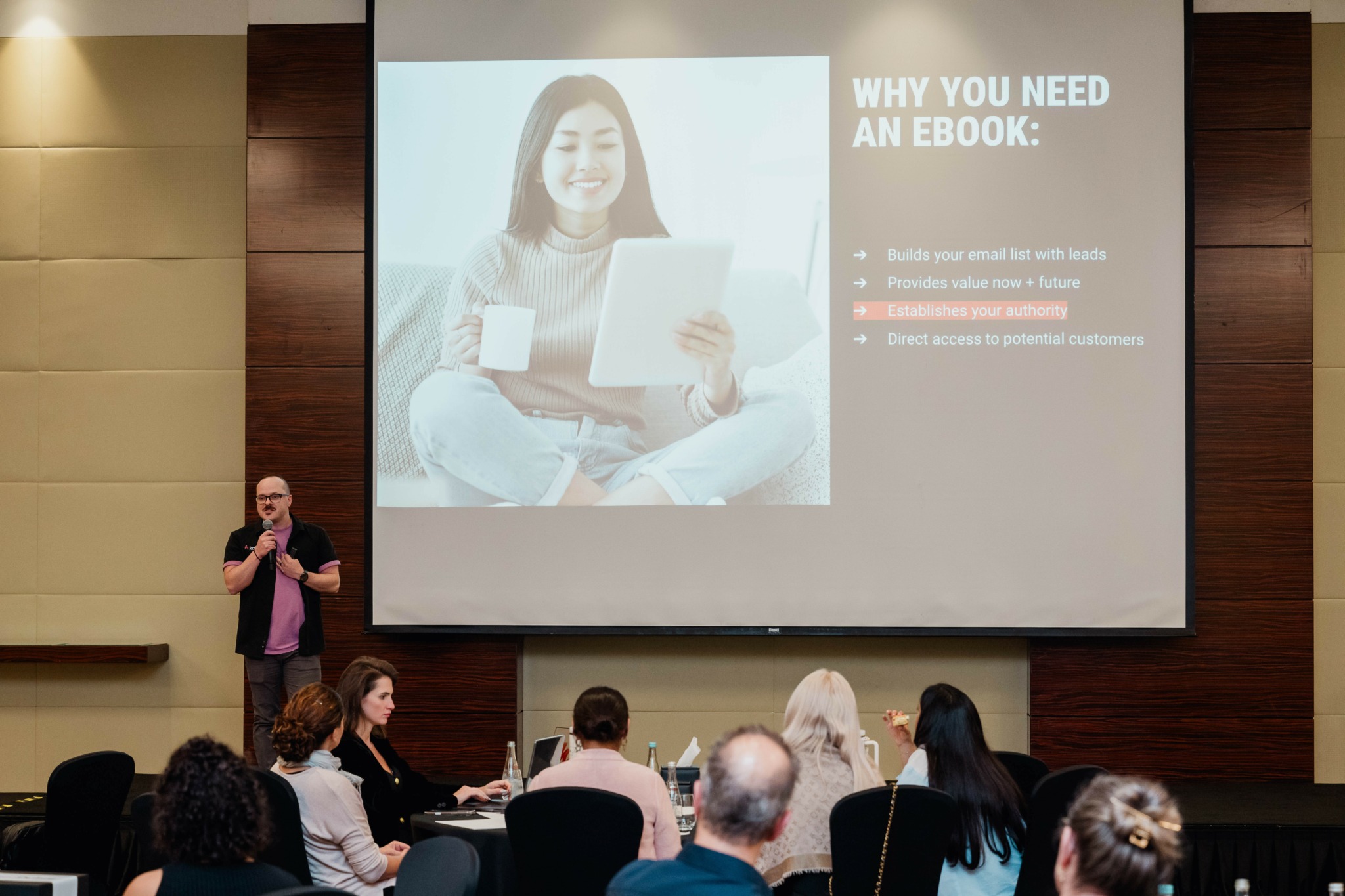
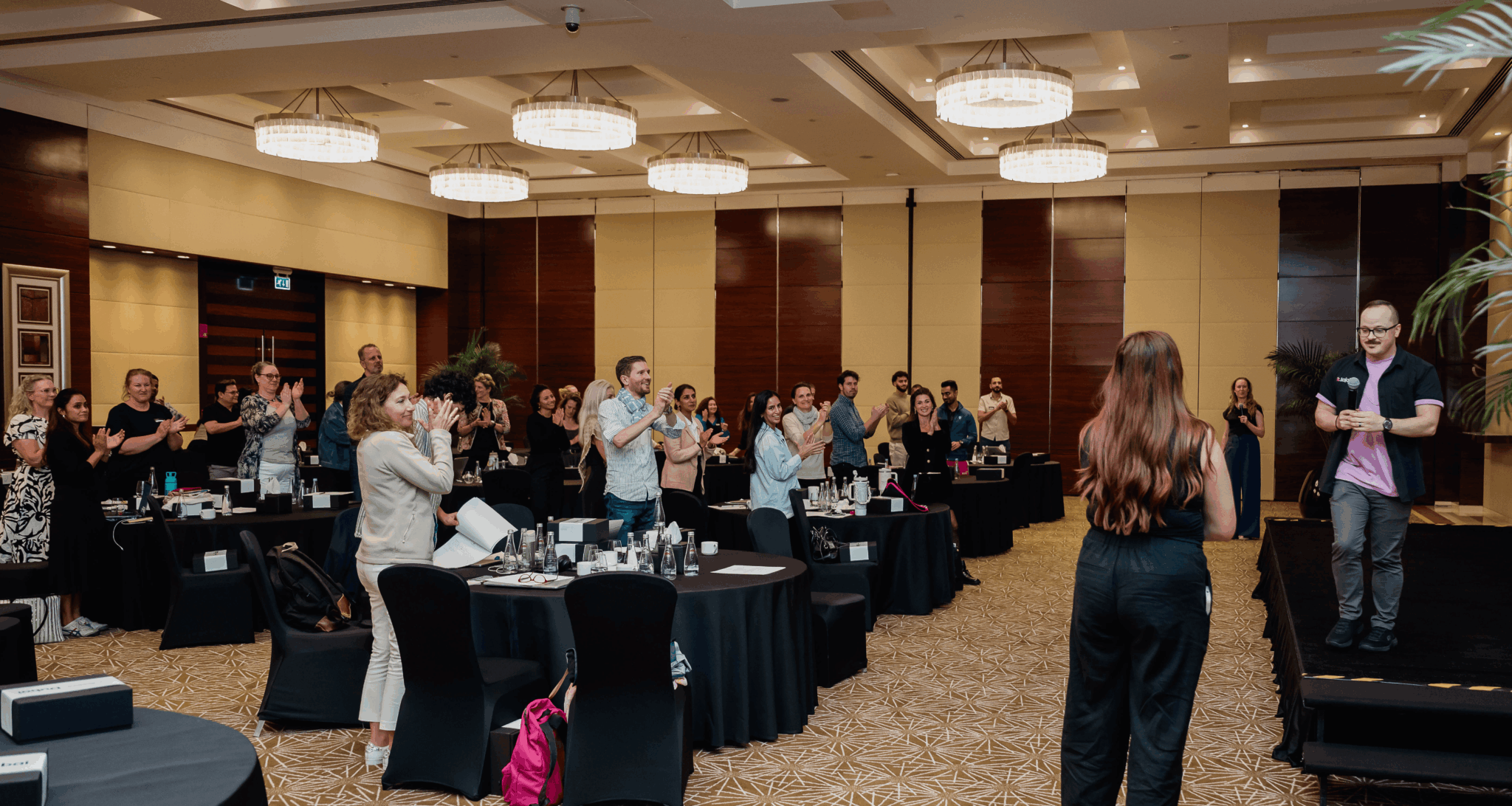
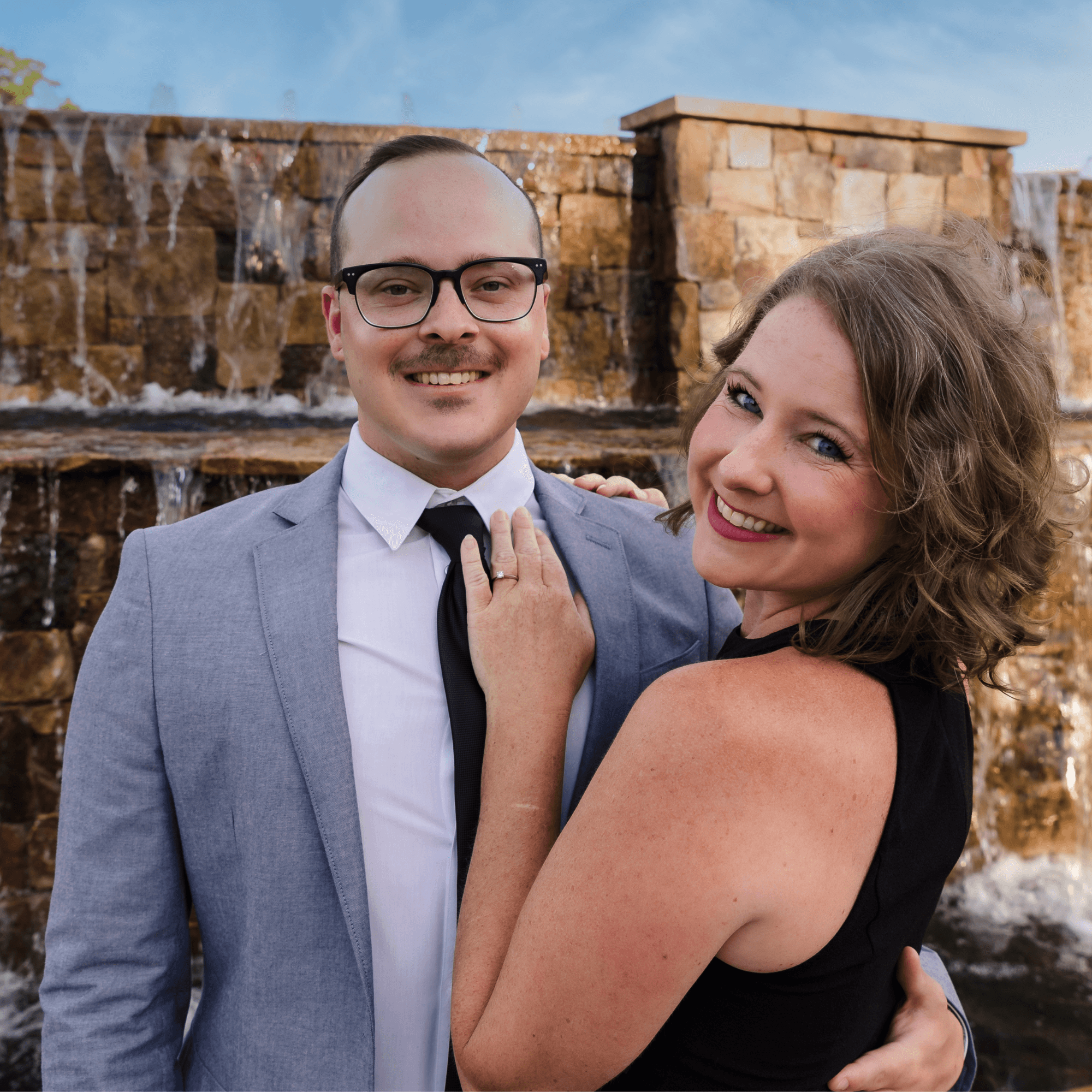
Contact Info:
- Website: https://www.fearlesswebinaracademy.com/prompts
- Youtube: https://www.youtube.com/@FearlessWebinarAcademy?sub_confirmation=1
Image Credits
Alex Veng


